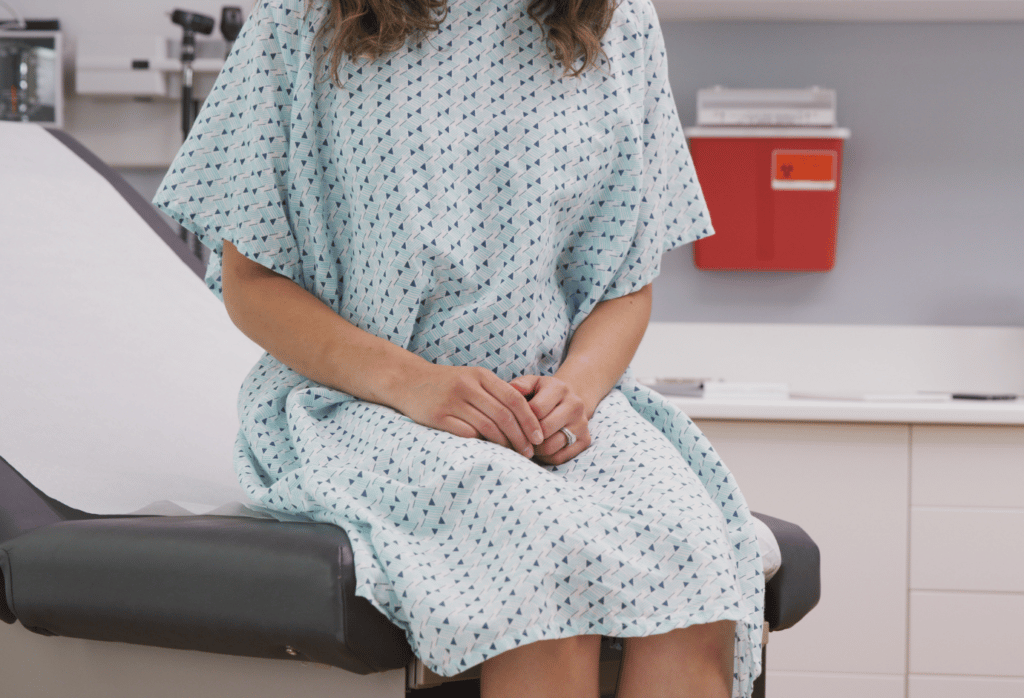Women in Queensland are being forced to procure abortion-inducing pills on the black market because of chronic delays, a lack of support from healthcare providers, and the cost of abortions — which is leading many to self-harm, according to new research.
The new study from The University of Queensland analysed the records of up to 2,000 anonymous clients at pregnancy counselling service, Children by Choice, between December 2018 and June 2020.
“Cost, stigma, and intimate partner violence continue to impede access to safe, compassionate, and timely abortion care,” the report found.
Published in the CSIRO’s Sexual Health journal, the research showed that 43 per cent of clients had been exposed to family or intimate partner violence, including abuse and reproductive coercion.
The cost of abortions was also causing anxiety among clients, with 42 per cent saying they had to seek financial assistance to help them access an abortion.
In Queensland, where abortion was decriminalised just four years ago, out-of-pocket costs for surgical abortions roughly stand at $620, while Telehealth-guided medication-based abortions are approximately $430 — though either procedure can cost thousands of dollars, depending on the complexity of the pregnancy and the length of gestation.
Head researcher, Maryanne Cleetus from the university’s School of Public Health, said women in Queensland are experiencing a plethora of issues, compromising their health and safety as they sought abortions.
“We’re still facing inequitable barriers to access,” Cleetus said, citing affordability, stigma, a lack of knowledge and family violence as barriers that prevented women from accessing safe, compassionate abortions.
“Decriminalisation removed a major legal barrier to pregnancy termination in 2018 but many other barriers remain, and in some cases were exacerbated during COVID-19 pandemic restrictions,” she continued.
Cleetus expressed concerns that women in Queensland were self-harming because they could not access affordable termination services.
“The effect of these barriers was extremely concerning – some clients said they had considered using unsafe termination methods or had undertaken self-harm,” she said.
“That includes socioeconomic factors like affordability, the ability to get information, the ability not to experience domestic violence and to … be able to experience full reproductive autonomy.”
Cleetus’ colleague and fellow researcher, Dr Judith Dean, said women “spoke of isolation and the difficulty of making decisions with a lack of personal and healthcare support”.
“Our findings demonstrate the complexity of ensuring equitable access to termination of pregnancy care,” she said in a statement.
The research revealed the case of a 24-year-old woman who told her counsellor she considered self-abortion and suicide when she was told how much her abortion would cost.
Another case involved a mother of a teenager girl, revealing to her counsellor that her daughter had attempted to induce self-abortion by self-harming.
In Queensland, women report facing poor attitudes and unsupportive behaviour from healthcare workers who give them misleading or inaccurate advice.
Women reported some professionals advising them that they “don’t do social abortions”. Disturbingly, up to six different doctors were reported to refuse to refer a client to the public health system.
CEO of Children by Choice, Daile Kelleher, believes that the myriad of confusing, publicly funded abortion procedures can diminish women’s wellbeing and health.
“Any models of care must consider these barriers and ensure appropriate and compassionate options for women and pregnant people,” Kelleher said.
In May, Kelleher noted that many residents in regional Queensland were being forced to travel hundreds of kilometres to Brisbane to access publicly funded abortions.
“What we’re also finding is that … not a lot of hospitals are actually embedding termination of pregnancy care within their hospitals,” Kelleher said.
“Pregnancy is a time-sensitive diagnosis … The more delays that people face … that actually has sort of real implications to the healthcare that they receive.”
“We know though with whatever legislation there is in Australia, that we have seen there has been general access to to termination of pregnancy over the past couple of years.”
“However, legislation doesn’t equal access.”
Last year, a number of privately owned healthcare services in Southport, Townsville and Rockhampton were closed, prompting a demand in south-east Queensland for abortion providers as wait times stretched to six weeks in some cases.
In Australia, the crisis support service Lifeline is 13 11 14. Other international helplines can be found at www.befrienders.org.
If you need immediate assistance, call Lifeline on 13 11 14 or the Suicide Call Back Service on 1300 659 467.
For further information about depression, contact beyondblue on 1300 22 4636 or www.beyondblue.org.au or talk to your GP, local health professional or someone you trust.


